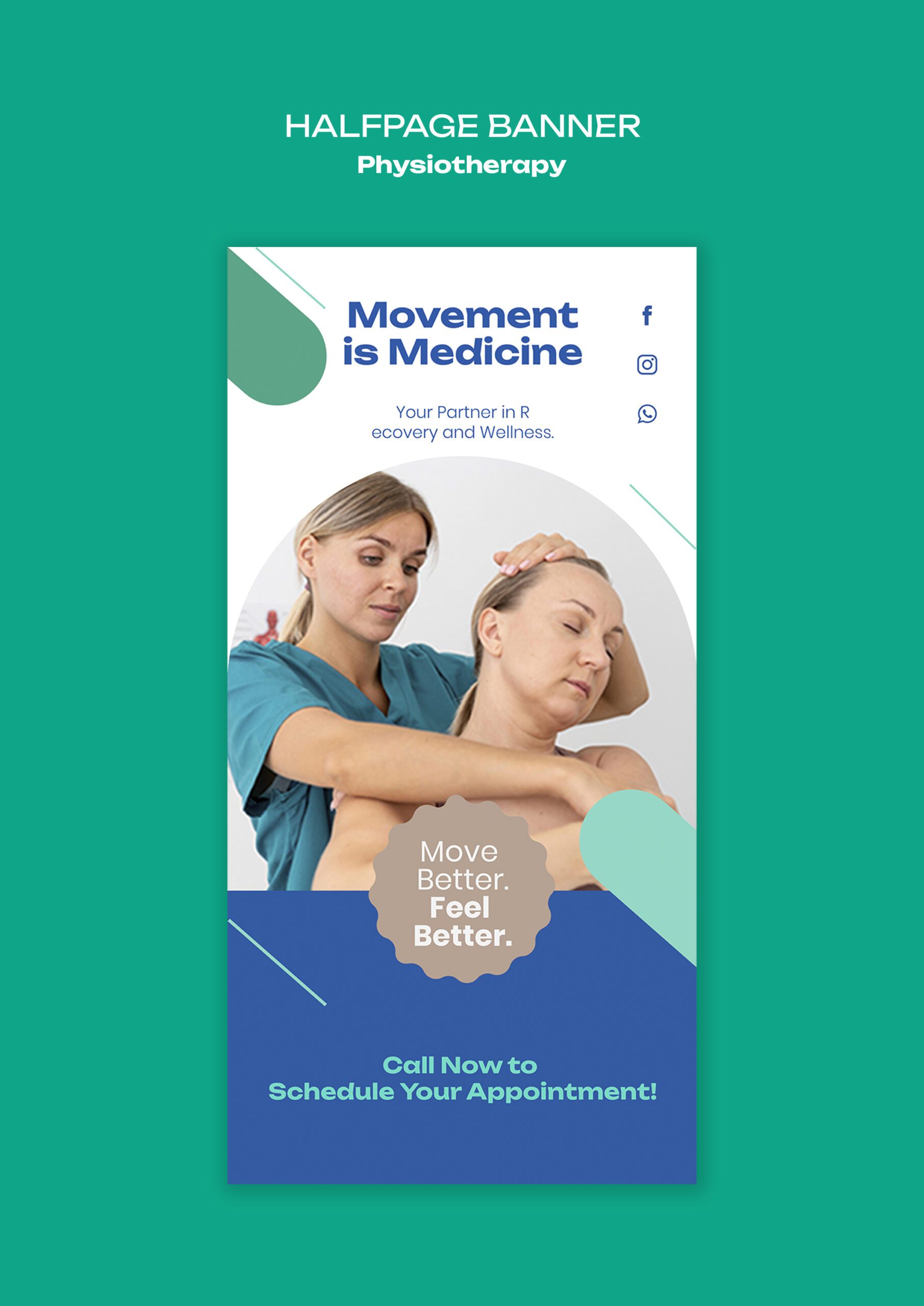Introduction
In today’s fast-paced world, where eating a perfectly balanced diet every day feels nearly impossible, supplements and vitamins have become a go-to solution for millions. From boosting immunity to improving energy levels and filling nutritional gaps, these tiny pills promise a lot. But how much do you really need? Are all supplements safe? And which ones are worth your money?
This article breaks down the facts about supplements and vitamins — what they are, when you need them, and how to use them wisely for optimal health.
What Are Supplements and Vitamins?
Vitamins are organic compounds that your body needs in small amounts to function properly — like Vitamin A for vision, Vitamin C for immune support, and Vitamin D for bone health.
Supplements include vitamins, minerals, herbs, amino acids, enzymes, and other substances taken to supplement (not replace) your diet. They come in various forms: tablets, capsules, powders, liquids, or gummies.
Why People Take Supplements
- Nutritional Gaps: Busy lifestyles or restrictive diets can make it hard to meet daily nutritional needs.
- Health Goals: Supplements like omega-3s, probiotics, and collagen are used to support heart, gut, or skin health.
- Medical Needs: Some people require supplements due to health conditions or deficiencies (e.g., iron for anemia, B12 for vegans).
Top Vitamins & Supplements and Their Benefits
- Vitamin D
- Supports bone health, immunity, and mood
- Commonly deficient, especially in people with limited sun exposure
- Vitamin C
- Powerful antioxidant, supports immune function
- Found in citrus fruits, but supplementation helps during cold/flu seasons
- Vitamin B12
- Essential for red blood cell production and brain function
- Often supplemented by vegetarians and older adults
- Iron
- Prevents fatigue, supports oxygen transport in blood
- Often needed by menstruating women or those with anemia
- Omega-3 Fatty Acids (Fish Oil)
- Promotes heart and brain health, reduces inflammation
- Especially helpful if you don’t eat fatty fish regularly
- Calcium
- Builds and maintains strong bones and teeth
- Often combined with Vitamin D for better absorption
- Magnesium
- Aids muscle function, sleep, and stress reduction
- Deficiency is common due to soil depletion and processed food diets
- Probiotics
- Supports gut health and digestion
- Helpful after antibiotics or for those with IBS
Are Supplements Always Necessary?
Not always. Most healthy adults can get essential nutrients through a well-balanced diet. Whole foods not only offer vitamins and minerals but also fiber, antioxidants, and phytonutrients that supplements alone can’t provide.
However, supplements become essential when:
- You’re on a restricted diet (vegan, keto, gluten-free)
- You have absorption issues (e.g., celiac disease, Crohn’s)
- You’re pregnant or breastfeeding
- You have increased needs due to age or medical conditions
How to Take Supplements Safely
- Talk to your doctor before starting a new supplement, especially if you’re on medication or have health conditions.
- Stick to recommended doses. More is not always better and can even be harmful (e.g., too much Vitamin A or iron).
- Choose reputable brands with third-party testing (e.g., NSF, USP, or GMP-certified).
- Check labels for allergens, additives, and expiration dates.
- Time your intake correctly — some vitamins are better absorbed with food or at specific times of day.
The Risks of Over-Supplementing
Taking too many supplements or megadoses of certain vitamins can lead to:
- Toxicity (e.g., fat-soluble vitamins like A, D, E, and K can build up in the body)
- Drug interactions (e.g., calcium can interfere with certain antibiotics)
- Wasted money on unnecessary or ineffective products
Natural Food Sources Are Still Best
While supplements help, they should never be your only source of nutrition. Here’s why food-first matters:
- Better absorption
- Natural combinations of nutrients
- Includes fiber, enzymes, and other health-promoting compounds
Examples of nutrient-rich foods:
- Leafy greens: iron, calcium, magnesium
- Fruits: vitamin C, antioxidants
- Nuts & seeds: vitamin E, omega-3s, zinc
- Whole grains: B-vitamins, fiber
- Fatty fish: omega-3, Vitamin D
Final Thoughts: Supplements Are Tools, Not Cures
Supplements can play an important role in your wellness journey, but they are just that — supplements. They’re not miracle pills and should never replace a balanced diet, regular exercise, good sleep, and stress management.
Think of them as insurance: helpful in closing the nutritional gap, but not a license to eat poorly or neglect healthy habits.
🧠 Pro Tip: Before starting a supplement routine, get a blood test or speak with a healthcare provider to know what your body actually needs.


